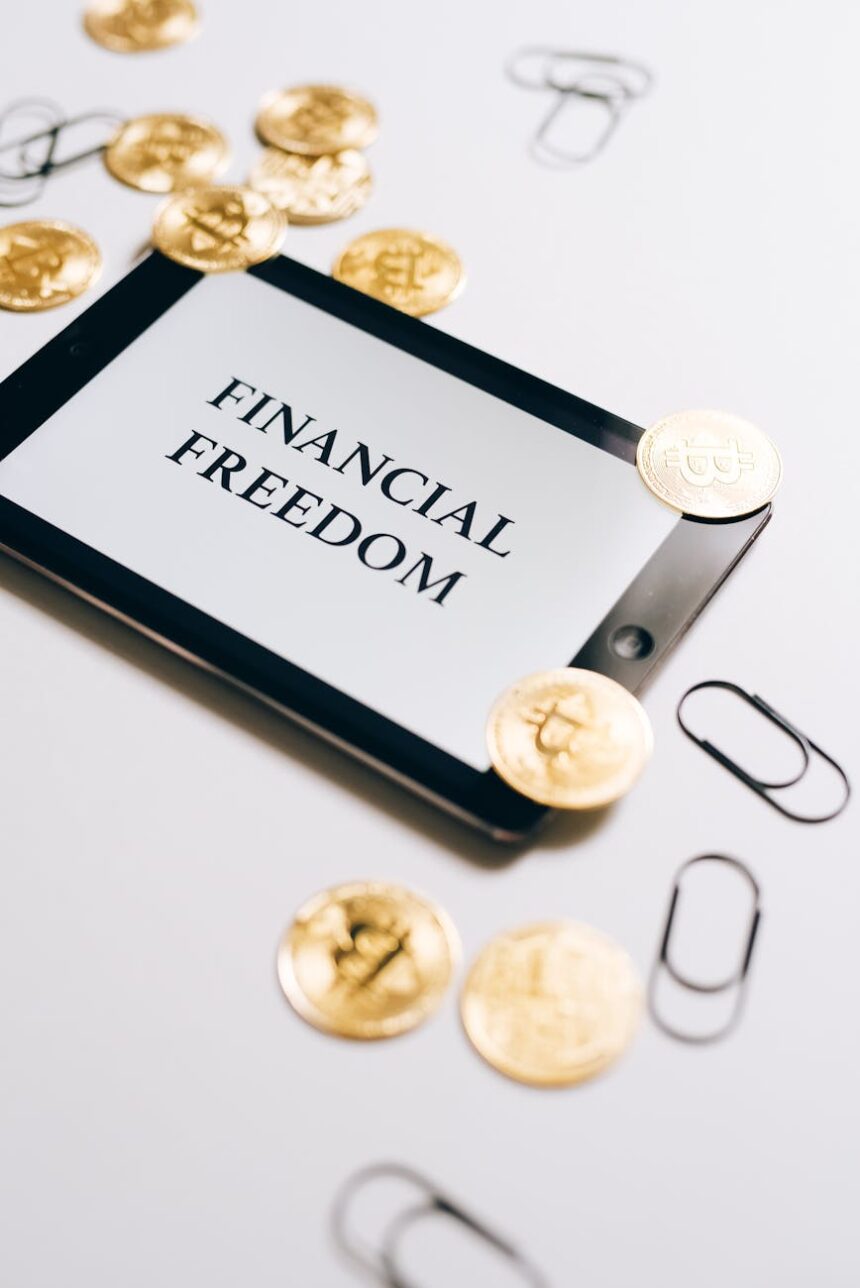Will Your Diploma Be a Blockchain Token? The Future of Credentials
Imagine a world where verifying your qualifications is as easy as scanning a QR code. No more frantic calls to universities, no more waiting weeks for paper transcripts. This is the promise of blockchain technology in education, a potential game-changer that could revolutionize how we issue, manage, and verify credentials. But is this futuristic vision truly within reach? Let’s dive in.
From Parchment to Pixels: The Evolution of Credentials
For centuries, academic achievements have been symbolized by physical documents – ornate diplomas proudly displayed on walls, transcripts tucked away in files. But in our increasingly digital world, these paper-based systems are starting to show their age. They’re slow, cumbersome, and vulnerable to fraud. Enter blockchain, a decentralized and secure technology that offers a compelling alternative.
What is Blockchain and How Does it Work?
Blockchain, at its core, is a distributed ledger. Think of it as a shared, tamper-proof database that records every transaction across a network of computers. Each transaction, or block, is linked to the previous one, forming a chain. This interconnectedness makes it incredibly difficult to alter any information without detection. Here’s a simplified breakdown:
- Decentralized: No single entity controls the blockchain, making it resistant to censorship and single points of failure.
- Transparent: All transactions are visible to everyone on the network, fostering accountability and trust.
- Secure: Cryptographic hashing ensures the integrity and immutability of the data stored on the blockchain.
Blockchain Diplomas: How They Work
Instead of receiving a physical diploma, graduates would receive a verifiable digital credential – a blockchain token – representing their academic achievements. This token would contain all the essential information about the degree, including the institution, date of graduation, and even specific coursework completed. Employers and other institutions could then instantly verify the authenticity of the credential through the blockchain.
The Benefits of Blockchain Credentials
The potential benefits of blockchain credentials are numerous and far-reaching:
- Instant Verification: Eliminate the lengthy process of requesting and verifying transcripts.
- Reduced Fraud: The tamper-proof nature of blockchain makes it virtually impossible to forge credentials.
- Empowerment of Learners: Individuals have complete control over their digital credentials and can easily share them with potential employers or educational institutions.
- Streamlined Processes: Automate administrative tasks related to credential management, saving time and resources.
- Global Recognition: Blockchain’s decentralized nature can facilitate the recognition of qualifications across borders.
“The shift to digital credentials represents more than just a technological upgrade. It’s a fundamental shift in how we think about and manage education and professional development.”- Future of Education Expert
Challenges and Considerations
While the potential is immense, several challenges need to be addressed before blockchain credentials become mainstream:
- Scalability: Can blockchain networks handle the volume of transactions required by large educational systems?
- Standardization: Lack of universal standards for blockchain credentials could hinder interoperability.
- Privacy Concerns: Balancing transparency with the need to protect sensitive student data is crucial.
- Digital Literacy: Widespread adoption requires educating individuals and institutions about blockchain technology.
The Future is Bright (and Digital)
Despite these challenges, the momentum behind blockchain credentials is undeniable. Pilot projects are underway around the world, and several universities are already issuing diplomas on the blockchain. As the technology matures and standards emerge, we can expect to see wider adoption in the coming years. While it’s still too early to say with certainty whether your next diploma will be a blockchain token, the future of credentials is undoubtedly digital, and blockchain is poised to play a transformative role.
Beyond Diplomas: The Broader Impact of Blockchain in Education
The applications of blockchain in education extend far beyond just diplomas. Imagine secure and transparent systems for managing student records, verifying online learning achievements, and even facilitating educational funding. Blockchain has the potential to reshape the entire educational landscape, empowering learners and institutions alike.
Conclusion: Embracing the Change
The transition to blockchain credentials is not just about adopting a new technology; it’s about embracing a new paradigm of trust, transparency, and efficiency. As we move towards a future where learning and achievement are increasingly digital, blockchain offers a powerful tool to ensure the integrity and accessibility of credentials, opening doors to new opportunities for learners worldwide.
